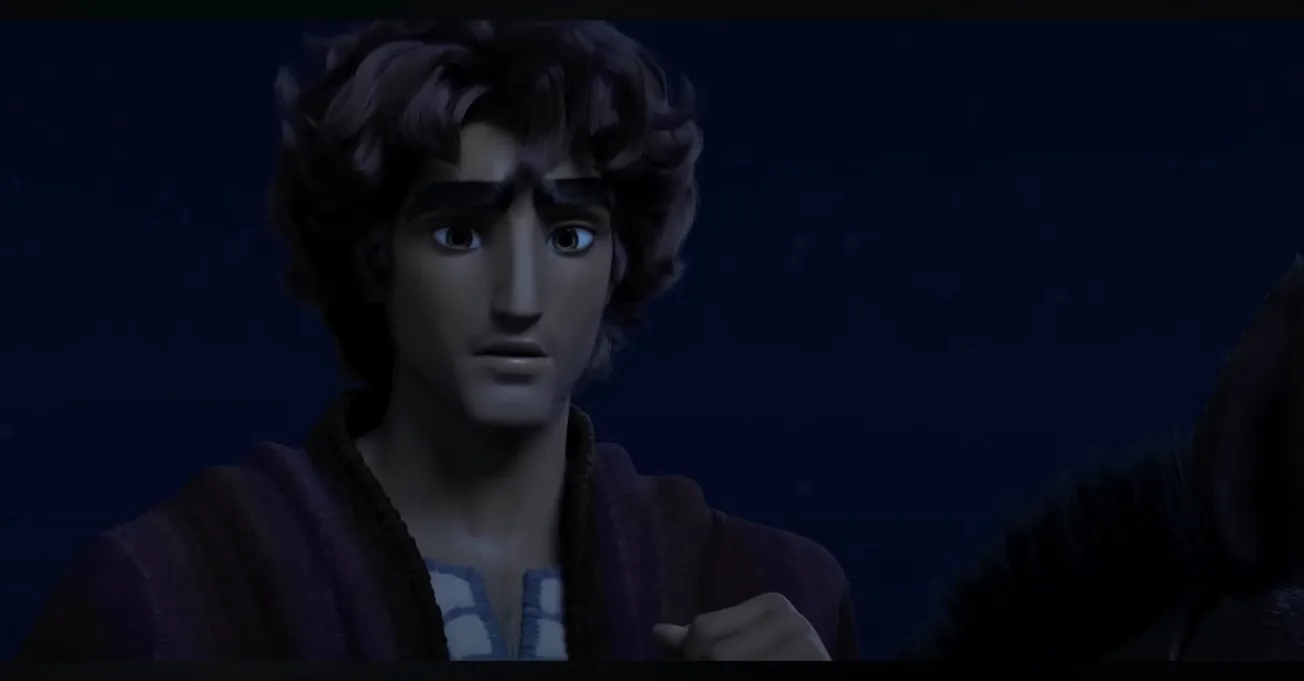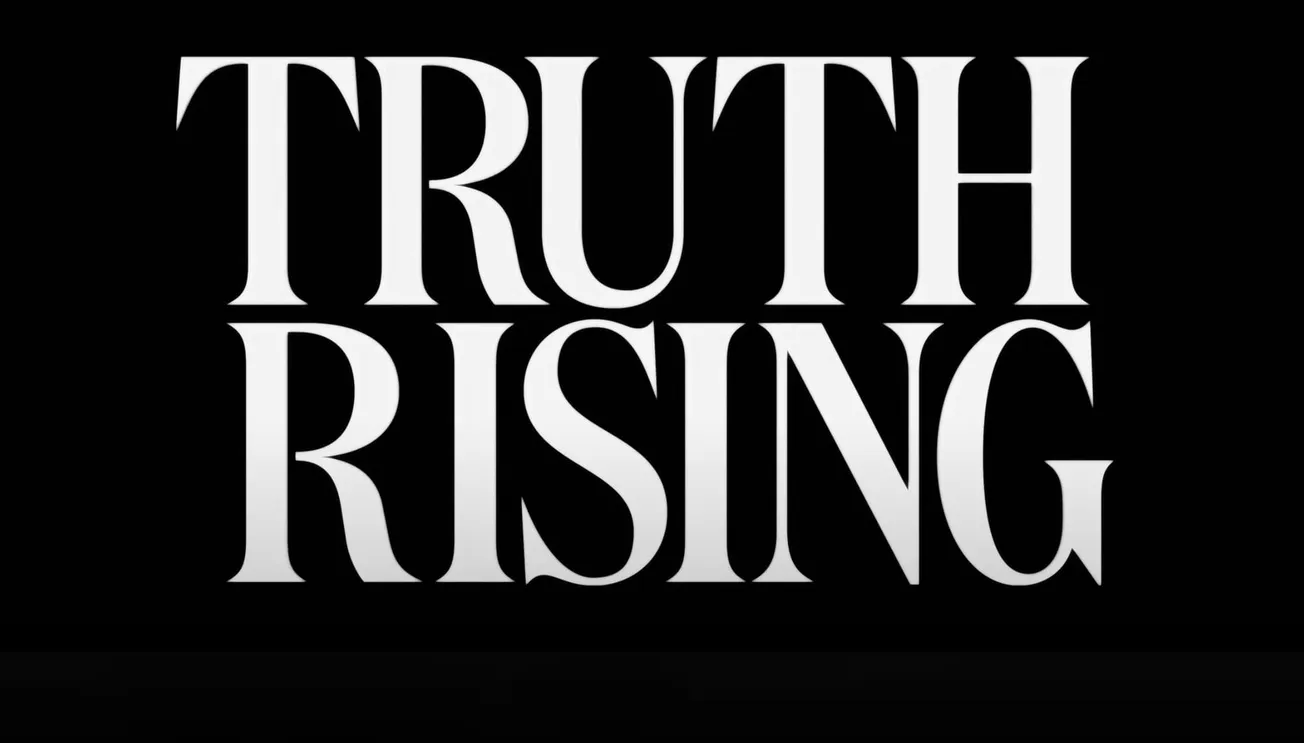Shusaku Endo, writer of "A Life of Jesus" will now have a second book of his adapted by master auteur Martin Scorsese, after he made the writer's book "Silence" into a film in 2016. This new Christian-themed work comes after the Pope proclaimed that Catholic artists make more works depicting Christ at a conference on Catholic aesthetics in May 2023.
Marty Scorsese has made a name for himself as a Patriarch of Hollywood cinema, calling the superhero genre not cinema but more like a theme park ride. He now is embarking upon a new film about Jesus which explores the meat of Jesus Christ's ministry without deviating too far into the weeds. However, it is set in present day, and so while it is "about Jesus" it isn't necessarily going to be the next The Chosen, which represents the gospel message with faithful accuracy. He says a nice, taut 80 minutes is what he is aiming for, as reported by Variety here.
But, what was the big idea coming out against superhero film? Why come out swinging so strongly? This was in 2019. The idea is that plot-wise, and sometimes character-wise, superhero films rely heavily upon the "feeling" we get from "spectacle" instead of more advanced story-telling which causes the viewer to "think" on deeper subjects with more profound themes. One requires thought, the other relies upon visceral fight-or-flight reaction. So, the lizard brain vs the human brain (Wikipedia defines spectacle).
It's not that spectacle has no place in movies, but that a higher form of art that cinema was believed to be achieving, the pinnacle of the artform, was being abandoned. This may be because it requires a combination of styles, forms, story-structure and experimentation with relevant themes in order to achieve it. It is not an easy achievement because it carries with it multiple objectives, not least of which is to provide authentic experience, and lofty enlightenment-goals, which offer deep answers (and often deeper questions) that point mankind to the future. So, cinema offers growth, but spectacle offers a soft cushiony moment. Spectacle, instead of making your time well-worth it, robs the potential that human beings have to offer by pandering to us with sugary entertainment treats. Treats, which corrupt, and destroy the human palette, and then eventually destroy the teeth, and then the entire body with poison.
Film reviewers such as Jeffrey Overstreet (who is also a professor and fiction writer) have appropriately likened this depth of multi-dimensional cinema to a 5-course meal offered from the finest of restaurants. I don't always agree with Jeff, but his observation is astute becausd it relates the strong and weak in faith, as mentioned in the Bible, as relating to art. This means that a good reviewer, just as a good reviewer, must possess a particular ability that is curated and cultivated, in order to appreciate, taste, understand, and digest a complicated (yet deeply satisfying) 5-course meal (which is true cinema). Where we cannot do this, we fail to learn much from good cinema, and likewise our health suffers.
And we can see that, today, American audiences have grown less and less capable of demonstrating the ability to do this in the last twenty years, and therefore, our culture suffers.
However, when Scorsese feigned to deem his The Irishman cinema, I was similarly doubtful of his own ability to distinguish it anymore. I am not a fan of the film, and I believe it was far too self-indulgent to be called 5-course cinema. But this came soon after he made Silence, so I was reticent to offer much criticism. There may be practical reasons for this disparity, however. Netflix (as sole distributor of The Irishman) likely being among them.
Silence was a revelation, to me. In its depth of perplexity, it's silent acknowledgment that we truly do not understand the world. It was a faithful Catholic acknowledging the stumbling-blocks of faith. It leaves little comfort for those in the world who do not guide their lives by godly principles, and it leaves less comfort to believers who falsely think that God will provide you with "easy outs" in life. Only the dedication and devotion of these saints as painted on screen is consolation that good exists in the world. And it does. Even the resolute determination by Japanese leaders to exclude multi-culturalism is tenderly appreciated. This is a film full of love in the midst of human cruelty.
Truly masterful.
Here is a spectacular deep dive into Silence.
My hope is that, like Silence, Scorsese will give us a rousing start to seeing Christ, and him glorified, again. For Scorsese there are no simple answers in life, however. And so I believe this will likely be another controversial picture like The Last Temptation of Christ, which gathered to itself heaps of criticism from the believing audience. I don't believe it will make the same mistakes of Last Temptation, though.
So I am eager to see what Scorsese will do with his cinematic eye now that Hollywood and our country is even less capable to digest difficult meals. Artists like him don't tend to drop their obsessions. Especially not at his age, and yet he made The Irishman and Hugo, which some did not appreciate for their more commercial appeal.
Scorsese comes from an era in which filmmakers understood that commercial appeal was acceptable (belonging to the American Zoetrope and New Hollywood generation) and often decided to do the "one for you and one for me" approach to their careers. Which meant that they would vacillate between culturally pandering works, and culturally relevant works that challenge, or as some would say, "Provide a product to sell, but remind yourself every now and then that you enjoy cinema. And that you do this job because you love it."
Christopher Nolan has maintained his own career with a similar aproach, as did Francis Ford Coppola, as indicated by the Zoetrope reference. Nolan, like Spielberg, made a science of picking the best scripts, but for Nolan he kept in in-house, with his brother providing much of the fodder needed to traverse the line between cinema and spectacle. Both of these directors decided to only do things that they felt would achieve both ends (commercial & artistic) with a singular and unique film. But Spielberg ended up being far more commercial, due to relying upon built-in audiences (not being a writer, himself). While Nolan makes original spectacle, being able to ride that line with each unique story he crafts.
Scorsese instead, builds upon his faith, and builds upon his unique Italian voice in cinema. An immigrant in spirit, he reignites the passion of an artist who finds themselves without a home, and alone with their own thoughts to guide them. This gives his work a singular voice, at once beautiful, and uniquely positioned to give an authoritative tone.
Take a watch to see what makes the voice of Scorsese unique, and tell me you aren't excited to see A Life of Jesus, as a result. It's not likely. I will likewise, really enjoy going to theaters for this truly cinematic experience, no doubt.
Here is a partial discussion on "What Makes Cinema?"
Here, a movie critic tries to unpack Scorsese's comments on cinematic art vs spectacle with limited success.
Here's the larger story on Scorsese vs Marvel comments. The discussion on "what is cinema" was definitely worth having at this juncture.
And of course, someone like Stephen Colbert will make a cheap joke at Scorsese' expense. It is however funny, for that singular moment.
Do you hope that Scorsese can teach us "what is cinema?" again? Can he influence faith-based cinema for the better in this effort? What are your thoughts?
Did you appreciate this article? Let us know down below (with subscription) or in our social media!
Martin Scorsese Embarks On "A Life of Jesus" Film To Explore Primary Teachings of Christianity Without Being Preachy https://t.co/SVwmOuY1Y9
— Media Moses (@themediamoses) January 12, 2024







